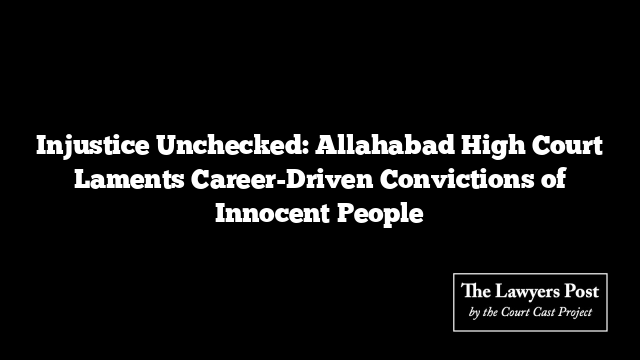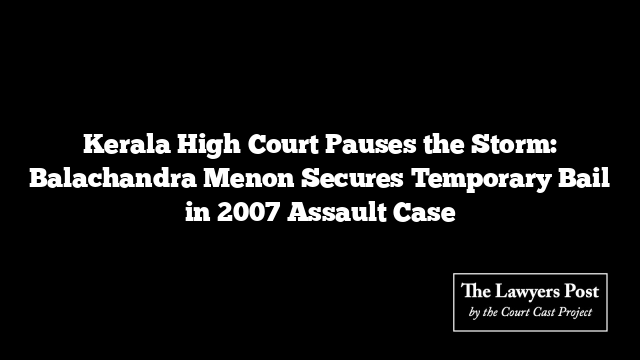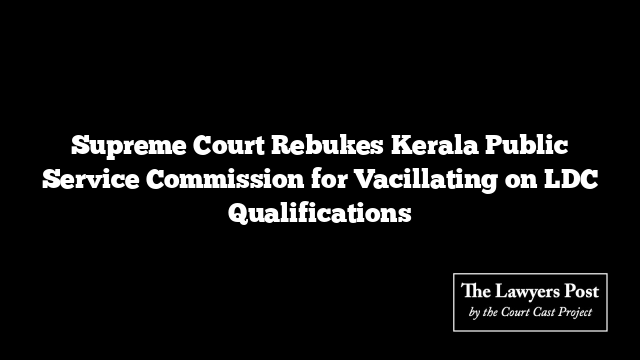The Allahabad High Court has issued a stark reminder of a troubling reality: some trial court judges, fearing backlash or seeking to protect their careers, convict innocent people. The court emphasized the need for legislative action to address wrongful prosecutions and compensate victims, echoing a longstanding recommendation from the Law Commission.
In a recent judgment, Justices Siddharth and Syed Qamar Hasan Rizvi acquitted a man accused of killing his wife back in 2009. After spending 13 years in jail, the man was only released on bail despite the prosecution’s failure to substantiate claims of dowry death, cruelty, or murder. The High Court found that the trial court had unjustly escalated the charges, even introducing a murder accusation at the last minute without allowing the accused a fair opportunity to defend himself.
The judges criticized the systemic issues that lead to such miscarriages of justice. They highlighted the lack of a dedicated legal framework for compensating wrongfully prosecuted individuals, pointing out that Articles 14 and 21 of the Indian Constitution, which guarantee equality and the right to life and liberty, continue to be violated. Despite reforms like the Bhartiya Nagrik Suraksha Sanhita, 2023, the Court observed that no provisions adequately address the plight of those wrongfully accused.
Wrongful convictions, the judges warned, leave indelible scars. Those acquitted after years behind bars struggle to reintegrate into society and their families, often carrying the weight of stigma and loss. To mitigate these consequences, the court urged the government to introduce financial compensation for the wrongfully accused, offering a measure of solace and reducing the burden on affected families.
However, the High Court acknowledged its own limitations. Without a statutory framework, it could not mandate compensation, lamenting that isolated cases under writ jurisdiction had not led to systemic reform. “Our justice delivery system takes little pains to make amends for the hundreds of innocent persons wrongfully prosecuted,” the court noted, underscoring the need for a robust approach to address these failings.





